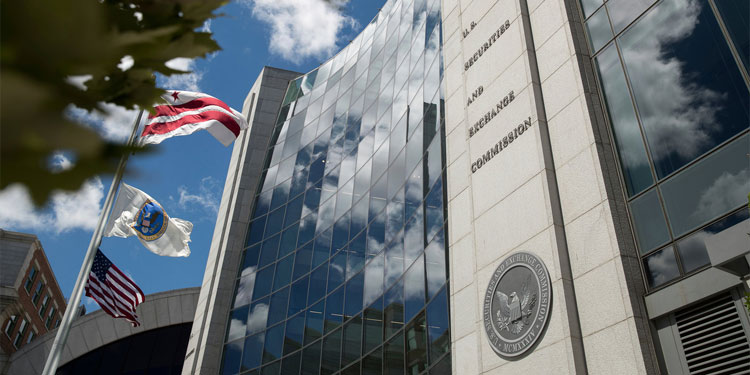The state of Nevada has taken a significant step toward bolstering election security by incorporating blockchain technology into its election certification process. The Nevada Secretary of State’s Office recently announced this initiative, which is aimed at enhancing transparency, preventing fraud, and ensuring the integrity of the state’s election procedures.
The move comes in the wake of past controversies that raised concerns about the authenticity of election documents. Notably, Nevada was among the states where falsified elector certificates were submitted during the 2020 election. This time, with Donald Trump securing the victory in Nevada, officials are prioritizing security and verifiability in their processes to avoid any irregularities.
The state’s election officials emphasized their commitment to running one of the most secure electoral systems in the country. By integrating blockchain technology, the state aims to make the certification process more robust against tampering and counterfeiting. Officials highlighted that blockchain’s ability to create immutable and verifiable records provides an additional layer of protection, ensuring the documents remain unaltered and trustworthy throughout the certification process.
Certificate of Ascertainment and Blockchain Security
At the heart of this initiative lies the Certificate of Ascertainment, a crucial document that certifies the state’s presidential electors. It is officially signed by both the governor and the secretary of state and names the individuals who are responsible for casting their votes in the Electoral College. For the 2024 election, Nevada’s Republican electors, including Michael McDonald, Jesse Law, Bruce Wayne Parks, Kathryn Njus, Robert Tyree, and Brian Hardy, have been appointed to represent the state.
The state’s decision to apply blockchain technology to this process ensures that the certificate remains secure and verifiable. Blockchain works by generating a unique, tamper-proof digital “fingerprint” for the document. This mechanism guarantees that any attempts to alter the document would be immediately detectable, adding an unprecedented level of reliability to the certification process.
According to officials, the document will undergo additional review processes by the Archivist of the United States and the National Archives and Records Administration (NARA). This step ensures that it complies with all relevant legal and regulatory standards before being formally filed.
Addressing Past Election Challenges
The decision to integrate blockchain technology also appears to be a direct response to previous incidents involving falsified election documents. During the 2020 presidential election, McDonald and Law were among the individuals who submitted fake elector certificates in Nevada. Although they were indicted in December 2023 for allegedly filing false instruments, a state court dismissed the charges earlier in 2024. However, Nevada Attorney General Aaron D. Ford has stated his intention to continue pursuing the matter.
The inclusion of blockchain technology in the 2024 certification process signals Nevada’s proactive approach to addressing vulnerabilities that may have been exploited in the past. Officials believe that this technology will deter any attempts at fraud while reinforcing public confidence in the electoral process.
Commitment to Innovation and Transparency
The Secretary of State’s Office emphasized that adopting blockchain technology aligns with its ongoing efforts to modernize election processes and enhance security. By leveraging advanced technological solutions, the office aims to make election-related procedures as transparent and trustworthy as possible. Officials further noted that this innovation represents a broader strategy to ensure that Nevada’s elections remain resilient against emerging threats.
Through blockchain integration, Nevada is setting an example for other states looking to adopt emerging technologies to improve election security. The technology’s ability to protect critical documents from unauthorized changes is expected to instill greater trust among voters, stakeholders, and officials.
As Nevada prepares for the 2024 Electoral College meeting scheduled for December 17th, the use of blockchain will play a central role in certifying the votes for president and vice president. This development not only secures the current election cycle but also lays the groundwork for a future where elections are protected by cutting-edge technology.
By combining innovation, transparency, and accountability, Nevada’s decision to incorporate blockchain technology marks a significant milestone in the evolution of secure election processes.









